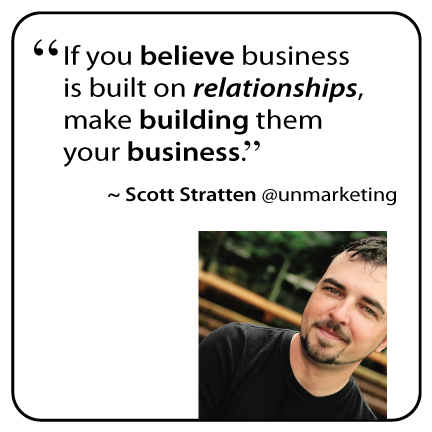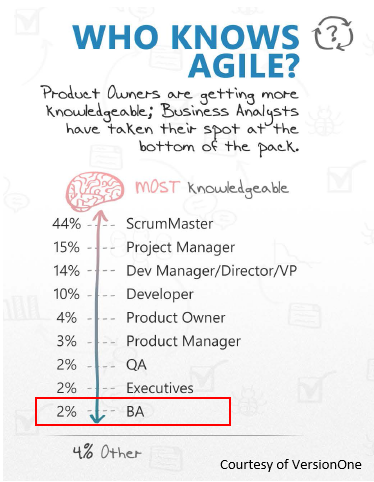Starting Your Business After 50 – 7 Keys to Success
 We 50+ Boomers are now the fastest-growing group of new business owners in the U.S.
We 50+ Boomers are now the fastest-growing group of new business owners in the U.S.
We’re being attracted by the freedom to act upon our ideas as we see fit, the chance to achieve much better balance between our work and leisure lives and the opportunity to enjoy a source

 Choosing the right product or service to sell can be one of the most important things to consider when you’re starting your handmade business. Having a product that stands out can set you apart in a room full of crafters and get your company the attention it needs to strive.
Choosing the right product or service to sell can be one of the most important things to consider when you’re starting your handmade business. Having a product that stands out can set you apart in a room full of crafters and get your company the attention it needs to strive.  If nothing else, passionate entrepreneurs have eagerness and optimism in abundance. However, in business, as we know, there is no such thing as a sure thing. Each new venture is a learning lab in which the entrepreneur’s ambitions and ideas are tested against market realities and hard financial facts. The
If nothing else, passionate entrepreneurs have eagerness and optimism in abundance. However, in business, as we know, there is no such thing as a sure thing. Each new venture is a learning lab in which the entrepreneur’s ambitions and ideas are tested against market realities and hard financial facts. The  Play to your strengths:
Play to your strengths: Type in the words ‘jobsite’ on any Internet search engine and you will get, at last count, some 9 million items. Many of these jobs sites are general services offering positions varying from teaching jobs to telecommunications sales people. Invariably, most of these sites have very few positions available and
Type in the words ‘jobsite’ on any Internet search engine and you will get, at last count, some 9 million items. Many of these jobs sites are general services offering positions varying from teaching jobs to telecommunications sales people. Invariably, most of these sites have very few positions available and  Starting business is never easy enough. You will always be burdened by decision-making and having the right mindset is your only means to get through it. Starting a small business is not very different from starting a big one. In fact, most businesses sprout from the utilization of a single
Starting business is never easy enough. You will always be burdened by decision-making and having the right mindset is your only means to get through it. Starting a small business is not very different from starting a big one. In fact, most businesses sprout from the utilization of a single